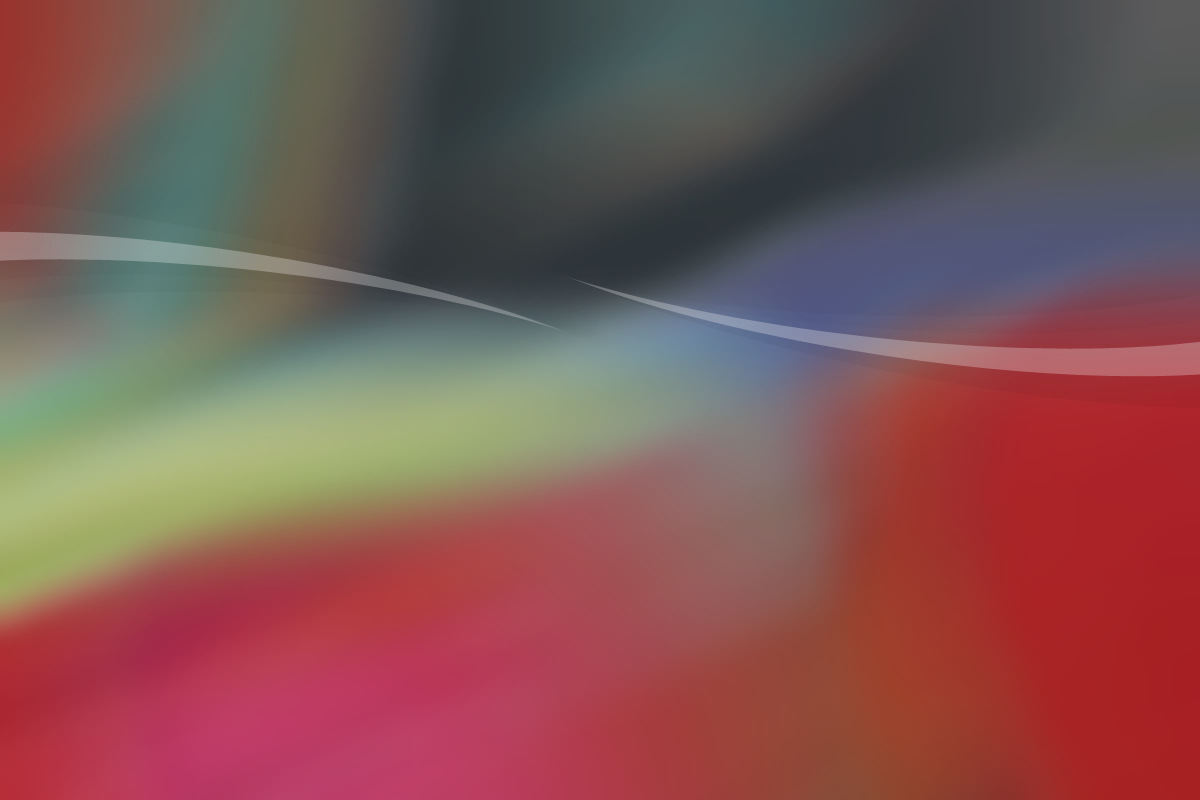My approach to clinical practice is Gestalt Therapy
The issue is awareness, of living in the present.'
Gestalt theory and practice is based on many areas of thought and study, including radical insights of psychoanalysis, humanistic and existential philosophies, Gestalt psychology, Eastern spiritual traditions, sensory awareness practice and psychodrama. In this sense it is a true integrative approach.
Gestalt is a German word meaning 'whole' and points to the central theme of gestalt therapy, which is our tendency to see and act in unified wholes, instead of the parts. Hence the famous statement made by Kurt Koffka (1921) that 'the whole is other than the sum of its parts' - when the perceptual system forms a gestalt, the whole thing has an independent existence in the perceptual system.
As a gestalt therapist, I see each individual as an integration of mind-body-emotion-spirit and believe that each of us possesses all the necessary ingredients for healthy living. We are born whole and full of possibilities. In the process of ongoing interaction with others and events in our lives we create adjustments as a way of coping with adversity.
Healthy functioning does not prevent people from feeling vulnerable. In an ever-changing world, people are constantly faced with new challenges, decisions and difficulties. Relying on the old ways of coping in new situations is not effective and often prevents us from fulfilling our potential. To be fully satisfied, we need to develop new ways of relating and being in the world.
My task as a gestalt therapist is to support the clients to increase their awareness of what they do well and how they get stuck. Awareness is in itself curative and growth producing. It enables the individual to understand the ways in which they contribute to their own circumstances.
Therapy sessions offer clients a breathing space where they are free to experiment with being themselves and with relating spontaneously. Having a fresh look at their situation allows clients to see more clearly the possibilities for developing creative solutions to their difficulties.
I respect my clients - whether individuals, couples or groups - as the best experts on themselves. I am interested in finding out more about their unique perception of reality and their subjective experience - be it body sensations, feelings, thoughts or behaviour. My aim is to support my clients' vivid experience in all these dimensions.
The therapeutic relationship acts as an instrument of diagnosis and healing. I see my role as an active participant in the interaction with clients and often share with them my awareness of my own experience. I promote experiential learning and experimentation over interpretation or cognitive insights. In doing so, I help my clients to access and use their own self-knowledge.
In my work with couples, my aim is to support both partners as they work through their difficulties. Again my focus is their relationship with each other and their environment. I facilitate verbal and non-verbal communication between both partners that gives them an opportunity to resolve old disputes so they are free to make choices about the future of their relationship. I work with couples whatever their sexual orientation.
As a gestalt therapist I am open to influences from other disciplines, in particular the intersubjective psychoanalysis, integrative Body Therapy, anarchism, post-structuralist theory and Buddism. My clinical practice is inspired by poetry and the wider arts field including theatre, dance and movement.
For contact details, please click here.
Below, I have listed some links that may be of interest:
- Psychotherapy in the Shadow of Shame - Daniel Bąk’s hugely important contribution to working with LGBTQ+ community in the situation of institutionalised oppression in Poland
- “Bill Viola / Michelangelo: expressing the inexpressible by Ben Okri” - Winter 2018 issue of Royal Academy magazine
and lastly…
Online
Islington, (North London, N19)
Bedford (Cambridge, Northampton, Milton Keynes & Peterborough)
